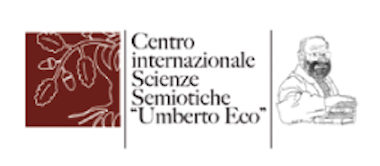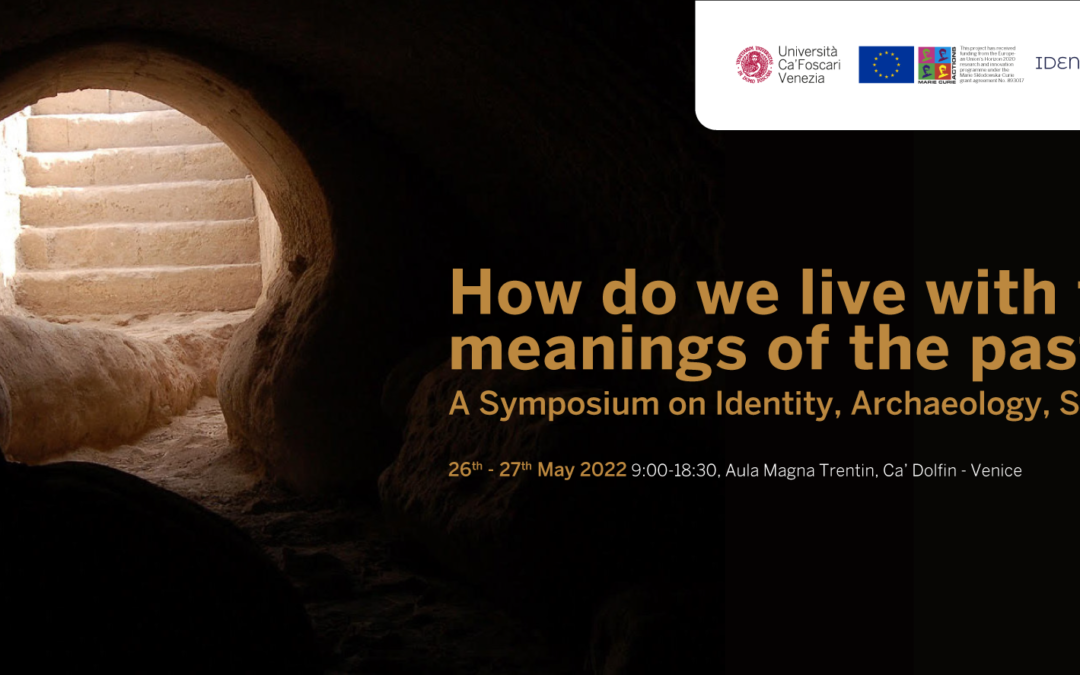“How do we find (and live with) the meanings of the past?” is a two-days symposium on archaeological thought‘s ways to generate meaning out of the material data collected via excavations, surveys, analyses.
This symposium addresses the methods through which archaeology envisages those data as signs of ancient identities and explores how we live today with the arising meanings of the past.
Often referred to as a discipline of “things” – i.e. materiality of things, objects making history, comfort of things – this symposium will deal with archaeology as a discipline of traces left by ancient communities’ practices.
When focusing on reconstructing practice, archaeology brings out a crucial cognitive element that, if investigated in all its relational potential – with semiotic awareness – allows us to “understand social groups and cultures that did not have an opportunity to write their own histories” (E. Said 1978, 12-14): this is the kind of identity the symposium aims at defining.
Indeed, if the static “leftovers” of past practices are given the epistemological dignity of sign of something else, they can be investigated as dynamic hints of neglected histories, social structures, human choices, resistance, adaptation.
More at: https://www.unive.it/pag/44124
PROGRAMME
Living with the past
Identity and human meaning through politics, colonization, heritage
- Practices and the politics of boundaries: identity in action in ancient and modern Britain
Andrew Gardner, UCL Institute of Archaeology - Signifying Environmental Harm: Toxic Heritage and the Anthropocene
Elizabeth Kryder-Reid, IU School of Liberal Arts, IUPUI - Reconstructing Palestinian identity, memory and space: preliminary thoughts and ideas
Mahmoud Hawari, Bethlehem University - Personal collection – Universal Connections: Identity and creation of meaning at the Museum of Broken Relationships
Olinka Vistica, Museum of Broken Relationships, Zagreb
Signs of identity
Interpreting and translating the sands of time
- Semioidentity: Archaeological Perspectives
Robert W. Preucel, Brown University - Neolithic traces of spatial privatization and property
Manar Hammad, Université Sorbonne Nouvell Paris III - Shaping the identity of the Urbino International Center of Semiotics. Its Archive through the lens of the Foucauldian dispositive of “table” (tableau)
Tiziana Migliore, Carlo Bo University of Urbino, CiSS - Translating Arslantepe
Marcella Frangipane, Accademia dei Lincei, and Dario Mangano, University of Palermo
When is identity
Embodying and overcoming the materiality of bones, faces, voices
- Tracing identity: the semeiotics of the biological profile
Zoë Crossland, Columbia University, NYC - Notes for a forensic semiotics. Aesthetics and ontologies of forensic archaeology and their influence on processes of memory-making
Francesco Mazzucchelli, University of Bologna - From Skulls to Numbers: Measuring, Calculus, and Meaning of the Face from Early Modern Dissections to AI Reconstructions
Massimo Leone, University of Turin; Shanghai University; Cambridge Digital Humanities; Bruno Kessler Foundation - Decolonising silenced music and musicians
Marilena Delli Umuhoza, Ian Brennan
Mending subaltern identities and identifications
of crops, memory, symbols, and bodies at work
- Of Figs and Pomegranates: Exploring Subalternity in the Ancient Mediterranean
Peter van Dommelen, Brown University - Nuraghi and the knots of Sardinians’ identification
Franciscu Sedda, University of Cagliari - Politics of the Underground
Dima Srouji, Royal College of Arts London - The Body of the Archaeologist: Exposing A Long-Overlooked Semiotic Interpretant
Mauro Puddu, Ca’ Foscari University of Venice


Commenti recenti